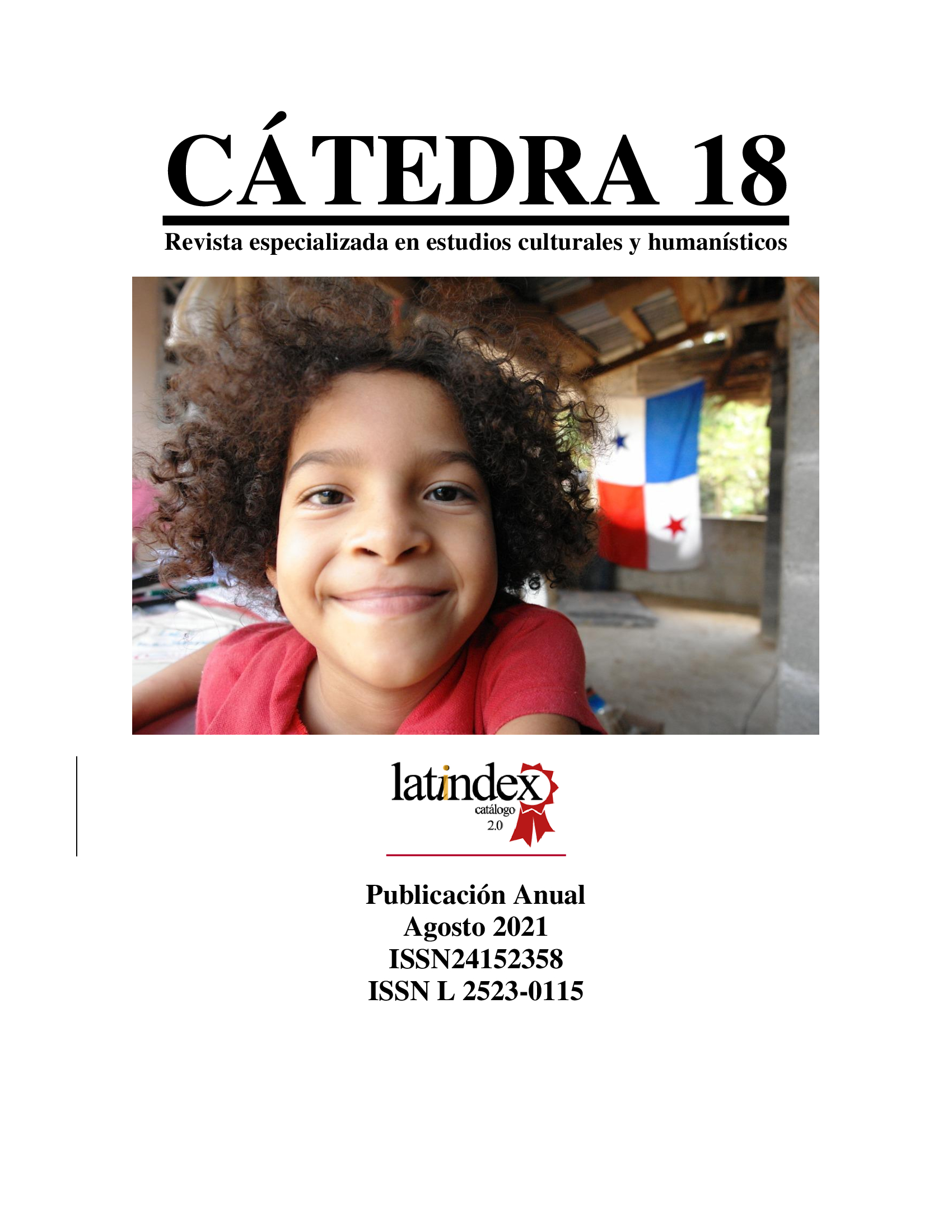

This essay contextualizes the decline of Creole English in Panama among the Afro- descendant population, mainly in the province of Colon, and the need for authorities to consider in national education policies the right of minorities to preserve their language, which would be achieved through an ethno-education as a way to promote interculturality. In addition, part of the sustenance is in virtue of the liberal, anthropological humanism, the rights of the man, through the precepts of freedom and equality of the individuals of all the cultures in preserving their ancestral legacy, taking into account legal dispositions like the law created in 2003, which promotes the teaching of the English language in the Panamanian education. It takes into account the position of communitarianism based on the formation of the individual rooted in a context with values and virtues. Consequently, intercultural education should stimulate and enhance the self-esteem and community values of the individual according to his or her language and culture, so that he or she can live without linguistic and historical prejudices. In this sense, the educational system must promote intercultural education based on the recognition and legitimization of cultures.